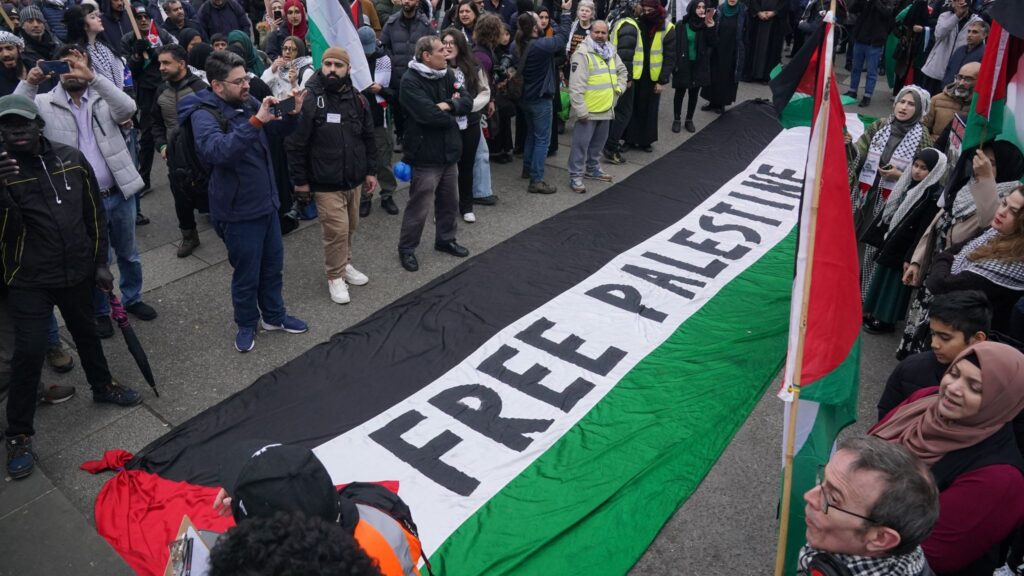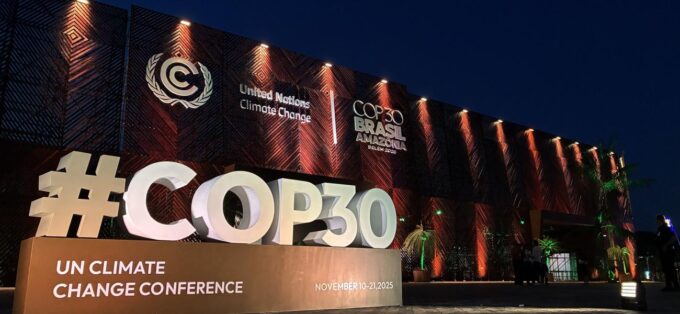LONDON Sept 21 -Britain has taken a historic and controversial step by formally recognising the State of Palestine, a decision announced after Israel failed to respond to an ultimatum set out earlier this year. The July demands—calling for a ceasefire in Gaza, unrestricted humanitarian access, guarantees against annexing the West Bank, and a renewed commitment to the two-state solution—were presented as Britain’s test of Israel’s willingness to pursue peace. When no progress was made, Prime Minister Keir Starmer confirmed recognition on Sunday, framing it as an act of moral responsibility and a bid to restore hope in a conflict marked by deadlock and despair.

The recognition, coordinated with Australia and Canada, places Britain among more than 140 nations that already acknowledge Palestinian statehood. While largely symbolic, it marks London’s most significant policy shift in the Middle East in decades. Deputy Prime Minister Angela Rayner was quick to note that recognition “does not create a Palestinian state overnight,” but diplomats insist it is a deliberate signal: Britain wants to reshape the dynamics of peace talks and push both sides back to the negotiating table.
Reactions have been divided and deeply emotional. Israel immediately condemned the decision, accusing the UK of rewarding Hamas and undermining delicate negotiations over hostages. The United States, though still supportive of a two-state framework, expressed unease, stressing that recognition should be the product of direct negotiations rather than unilateral action. Within Europe, allies are split—some praising Britain’s leadership while others caution against actions they fear could further polarise the conflict.

For Palestinians, the recognition is a long-awaited moment of validation on the world stage, a symbolic yet significant boost to their decades-long pursuit of sovereignty. For Israel, it is a reminder of its growing diplomatic isolation as more governments grow impatient with the lack of progress toward peace. Analysts argue that the move could either re-energise a stalled peace process or harden divisions, depending on how Israel and its allies respond in the coming months.
What is clear, however, is that Britain has altered the diplomatic landscape. By acting decisively when others hesitated, London has signalled that the status quo is untenable and that the two-state solution—once dismissed as unrealistic—is back at the centre of the international conversation. Whether this gamble pays off with real progress toward peace or simply fuels further confrontation remains uncertain, but one thing is undeniable: Britain’s recognition of Palestine marks a turning point in Middle East diplomacy.











Leave a comment